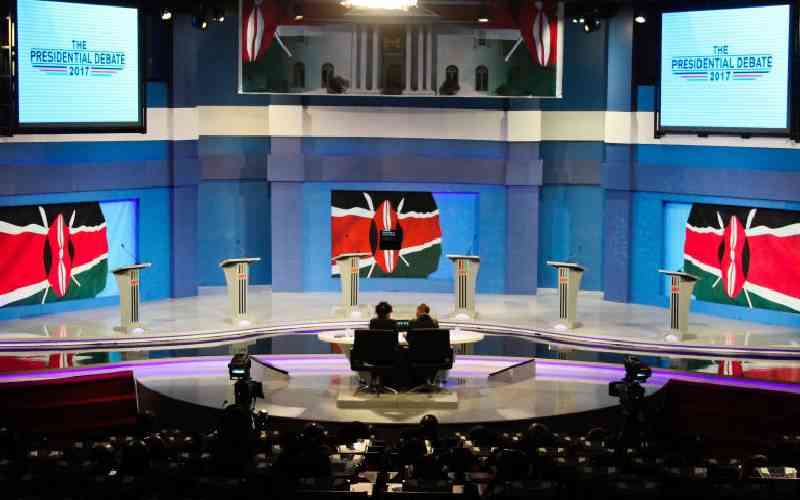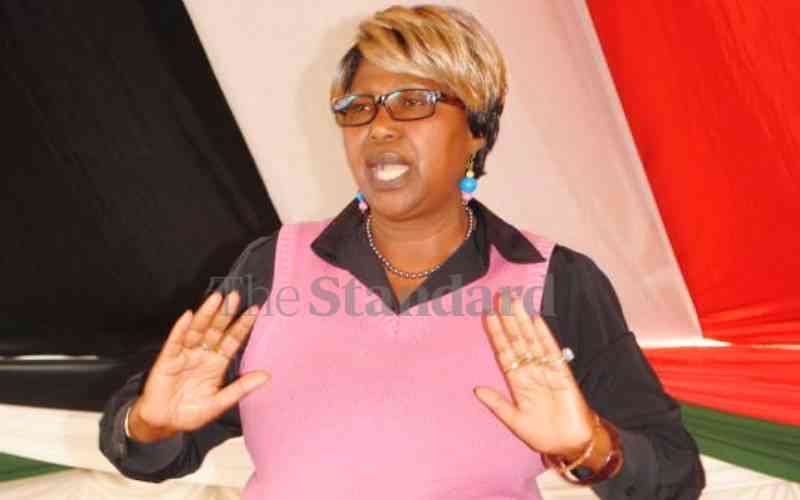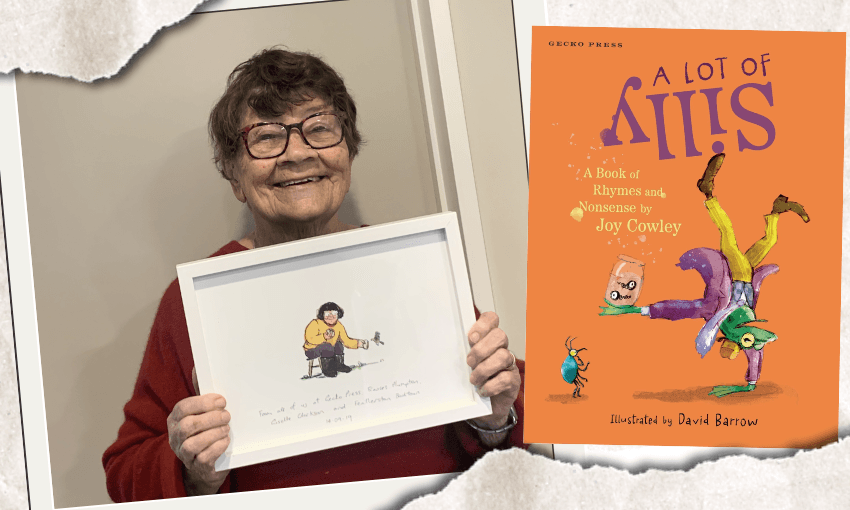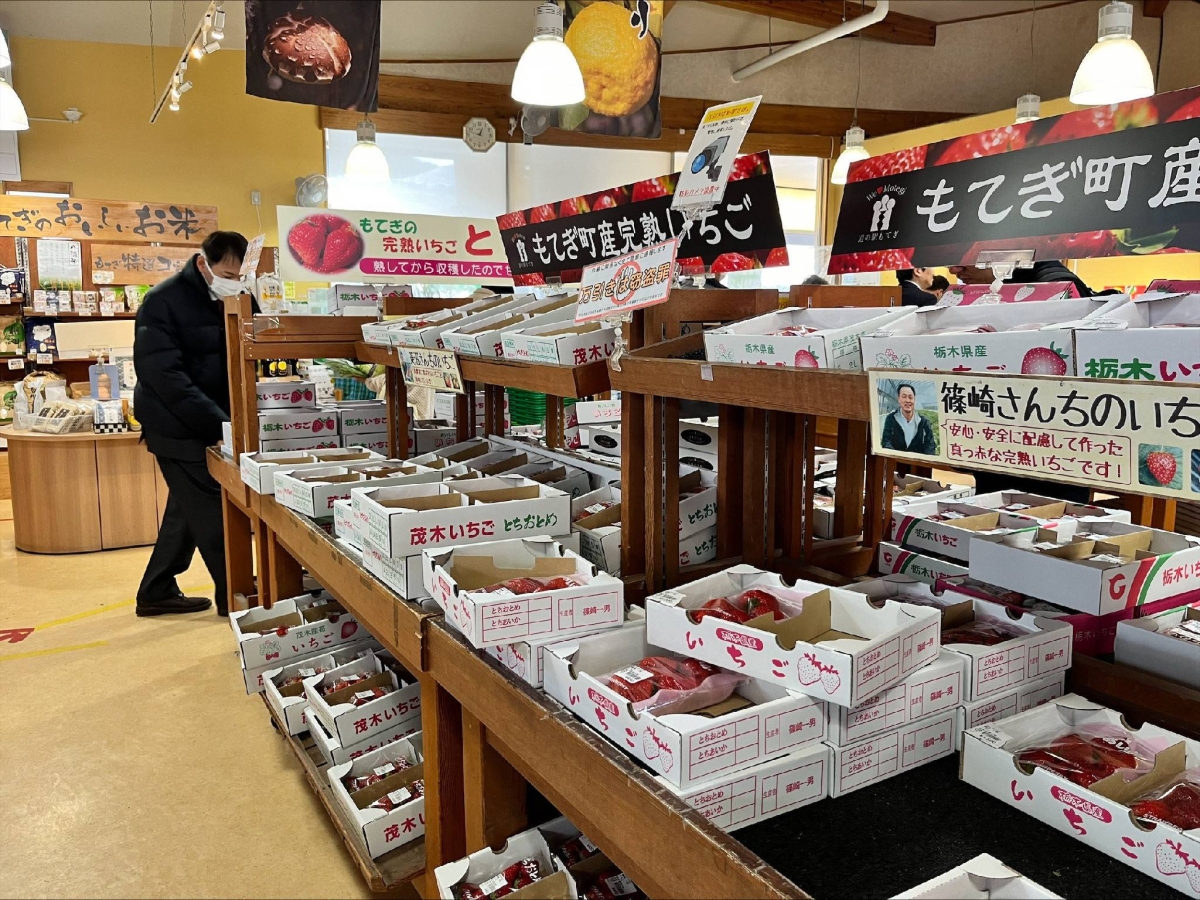On Wednesday, a newspaper headline suggesting possibility of a non-transparent election cast aspersions at the electoral commission and could have caused unnecessary anxiety and backlash.
Granted, the Independent Electoral and Boundaries Commission (IEBC) is not delivering on its promises of transparency and information sharing, such headlines can be sensationalised by politicians and lead to chaos. It is worrying that IEBC appears to be reneging on its promises and has not shared the KPMG report on the audit of the voters’ register, didn’t share lists of political parties’ nominations that they rejected and appears to shift goal posts on several issues.
The media has voiced concerns as have candidates and their supporters. However, the confidence and trust the IEBC is enjoying from the public and political players could easily be eroded by such headlines.
Now, do political debates make a difference? Some argue they do not make much difference because supporters have already picked their jersey. But they do. The preparedness by the candidates/debaters manifests the seriousness with which they take these debates.
Furthermore, there is around 16 per cent undecided voters on average, according to opinion polls. This means there is a possibility of candidates persuading those non-aligned to vote for them. I believe everyone, especially candidates should take these debates seriously because they send strong messages to voters.
The debates provide an opportunity for candidates to correct information about themselves and sell their agenda in small reasoned bites. It also gives voters an opportunity to clarify issues and ask candidates questions. They also help voters know their preferred candidates better and resonate with them.
Voters demystify their candidates and get a closer look at the opponents. This makes all of us view each as human and become more tolerant and even kind as we realise, they are not as bad as we thought they were! I heard some people express surprise at some candidates’ grasp or lack thereof of issues concerning the mwananchi; some even developing new-found respect for certain candidates after the debates.
Although candidates believe they are principally speaking to their supporters, they are speaking to a lot more than their supporters. Therefore, they need to prepare and cast their nets wider. Those moderating the debates need to think long and hard about the questions.
Although some questions are weighty and require elaborate responses, it is prudent not to dwell on the same issue/question for too long. The debates are supposed to enlighten voters and are not inquisitions on personal and personality issues. Voters are interested in hearing broad overviews of election agendas, plans and manifestos and what the candidates, if elected will do to improve the economy and the business environment.
Voters want to know how candidates will address the high cost of living, runaway corruption, unemployment and disease. They also want to know how the candidates will reverse climate change, ensure sustainable development and the achievement of Sustainable Development Goals (SDGs), with only 7 years and five months left to go. They want to know how the prices of basic commodities will come down including, fuel prices, to spar economic activities and business.
Voters need concrete answers on where the billions promised in terms of funds and social security safety nets are going to come from; with so few people baking the national cake and the majority gobbling it down. While it is interesting to look back and evaluate our past relationships and mistakes, voters are more interested in moving forward and breaking away from the past without forgetting it to avoid repeating past mistakes.
Voters want progress on how we shall together as a country, forge new strong alliances, strengthen our ethnic bonds, coexist together peacefully and harmoniously after the elections. They want a structured framework for economic, environmental, social and political recovery. Therefore, when the moderators spend half of the debate time away from these questions, they disappoint voters, waste a fantastic opportunity for genuine exchange of views and policies that build Kenya and unite her people.




















Discussion about this post